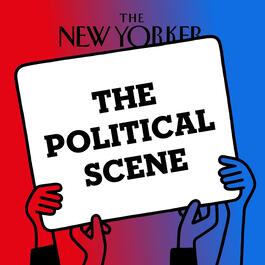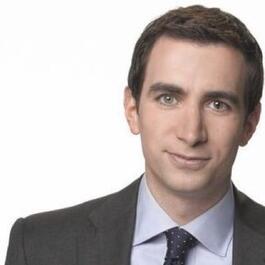
Andrew Ross Sorkin on What 1929 Teaches Us About 2025
When President Donald Trump began his tariff rollout, the business world predicted that his unprecedented attempt to reshape the economy would lead to a major recession, if Trump went through with it all. But the markets stabilized and, in recent months, have continued to surge. That has some people worried about an even bigger threat: that overinvestment in artificial intelligence is creating a bubble. Andrew Ross Sorkin, one of today’s preëminent financial journalists, is well versed in what’s happening; his début book, “Too Big to Fail,” was an account of the 2008 financial crash, and this year he released “1929: Inside the Greatest Crash in Wall Street History—and How It Shattered a Nation.” He tells David Remnick that the concern lies in the massive borrowing to build the infrastructure for a future A.I. economy, without the sufficient revenue, currently, to pay off the loans. “If I learned anything from covering 1929, [and] covering 2008, it is leverage,” Sorkin says, “people borrowing to make all of this happen. And right now we are beginning to see a remarkable period of borrowing to make the economics of A.I. work.” Sorkin is the co-anchor of “Squawk Box” on CNBC, and he also founded the New York Times’ business section, DealBook. The Political Scene draws on the reporting and analysis found in The New Yorker for lively conversations about the big questions in American politics. Join the magazine’s writers and editors as they put into context the latest news—about elections, the economy, the White House, the Supreme Court, and much more. New episodes are available three times a week. Learn about your ad choices: dovetail.prx.org/ad-choices
From "The Political Scene | The New Yorker"



Comments
Add comment Feedback